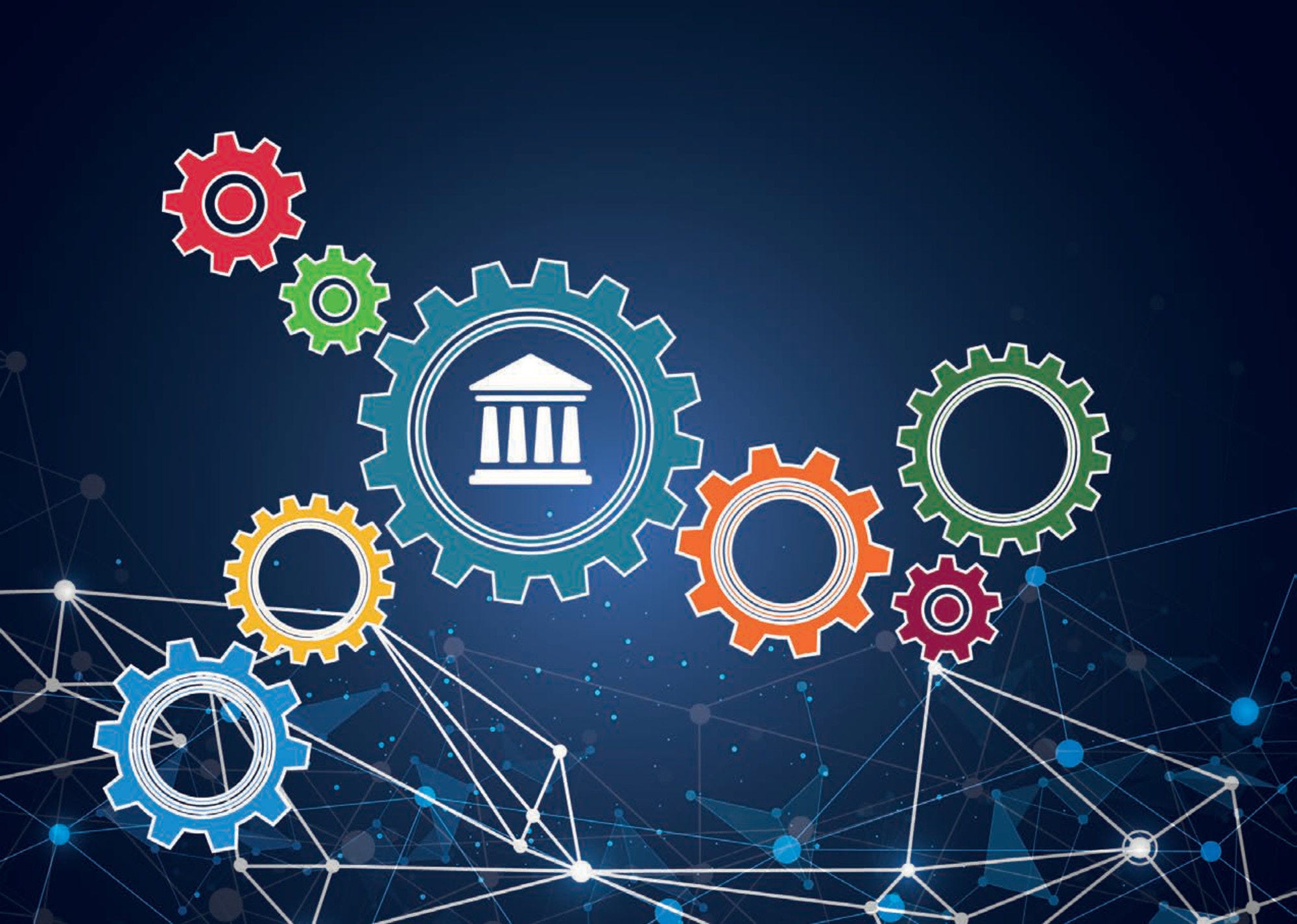Mechanisms for dialogue and engagement, whereby governments and key stakeholders can come together to identify common challenges, set priorities, contribute to the development of laws and regulations, align policies and actions, and mobilise resources for sustainable development, are essential for coherent implementation of the SDGs. In Finland, operational commitments are among the main tools to foster participation of key stakeholders and create opportunities for organisations and active citizens to pursue the sustainable development goals as a task for society as a whole. Such commitments, notably Society’s Commitment to Sustainable Development, have provided various actors with an effective and sensible way of participating in the implementation of the 2030 Agenda. More than 750 commitments to action promoting sustainable development have been made, encompassing all sectors of society: companies, schools, non-governmental organisations, administration, trade unions, political parties, cities, and even private individuals (OECD, 2017[1]; 2018[2]; PMO Finland, 2017[3]; National Comission on Sustainable Development, 2016[4]).
The National Commission on Sustainable Development (NCSD) seeks to ensure national follow-up on its commitments invigorated by continuous stakeholder participation. The NCSD includes 16 representatives from the business and industry (including agriculture), the three largest labour unions and their youth sections, 28 non-governmental organisations (including environment, women, children, indigenous peoples Saami, Somali immigrants, sports, education, consumer, disabled peoples associations and many others) as well as representatives from municipalities, regions, the church, academia and development. A sustainable development expert panel established in 2014 supports and challenges the work of the government and NCSD. The Panel is composed of eight eminent professors from different disciplines. Since spring 2017, the government partners with 20 young people from different backgrounds and regions via the Agenda 2030 Youth Group (OECD, 2017[1]; 2018[2]; PMO Finland, 2017[3]; National Comission on Sustainable Development, 2016[4]).
